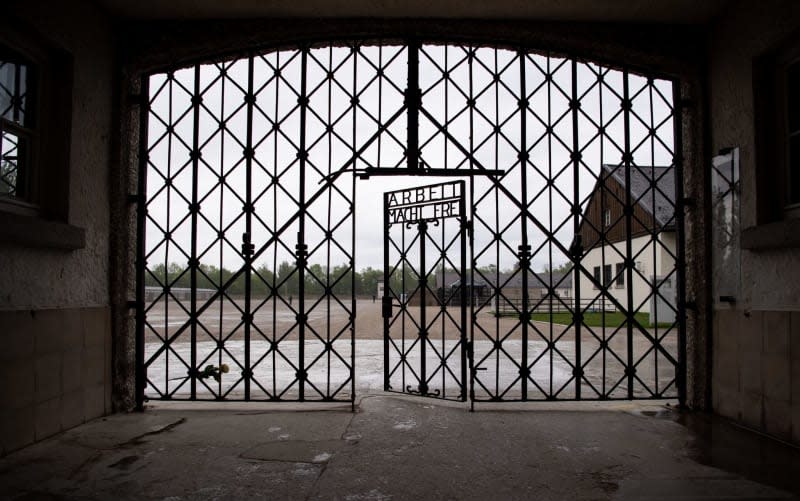Secret diary of Dachau camp survivor published as graphic novel

The secret diary of Edgar Kupfer-Koberwitz from his imprisonment in the Dachau concentration camp has been published in the form of a graphic novel, YouTube film and online text.
Kupfer-Koberwitz was a political prisoner in the Nazi camp from November 1940 until liberation on April 29, 1945.
The German-language project, titled "Ein Überleben lang", tells the story of his experiences with harrowing texts and haunting images, without pathos and based on facts.
Original quotes from the Wroclaw-born author, who died in Stuttgart in 1991, are embedded in a fictional plot: In May 1945, he describes his experiences to US soldiers, from his arrest on vague grounds in exile in Italy in 1940 to his liberation.
The film and the online book make clear the horror of the camp, which was the first concentration camp to go into operation a few weeks after Adolf Hitler seized power in March 1933.
"There was something relentless, something terrible, something ice-cold hanging over everything," Kupfer-Koberwitz is quoted as saying.
"Never before in my life have I felt an environment so unconditionally dangerous and hostile. It was as if the air was full of frozen screams of despair."
"Graphic novels can be used to tell complex stories that have an immediate effect and are emotionally moving, but still allow the necessary distance and abstraction through the graphic realization," explains project manager Kerstin Schwenke, who heads the education department at the Dachau Memorial.
Young people in particular feel addressed by the comic medium and are more willing to engage with complex content, she said.

